McQuaid: I made mistakes but I wasn’t a corrupt president
Former UCI leader welcomes CIRC report
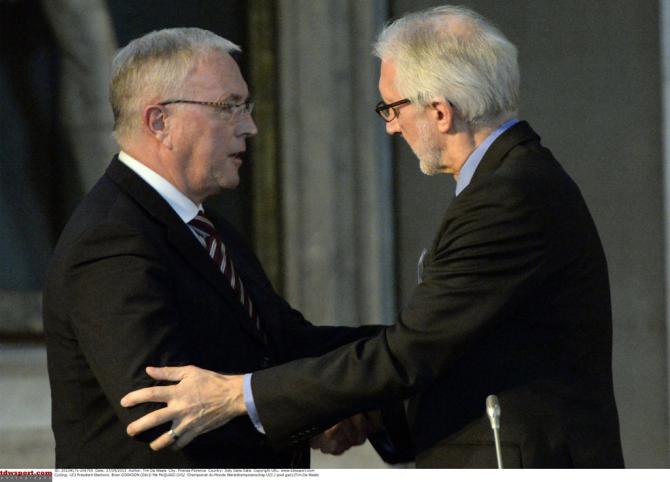
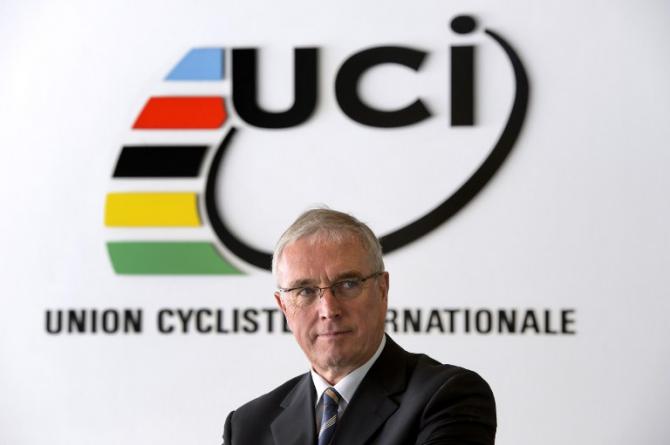
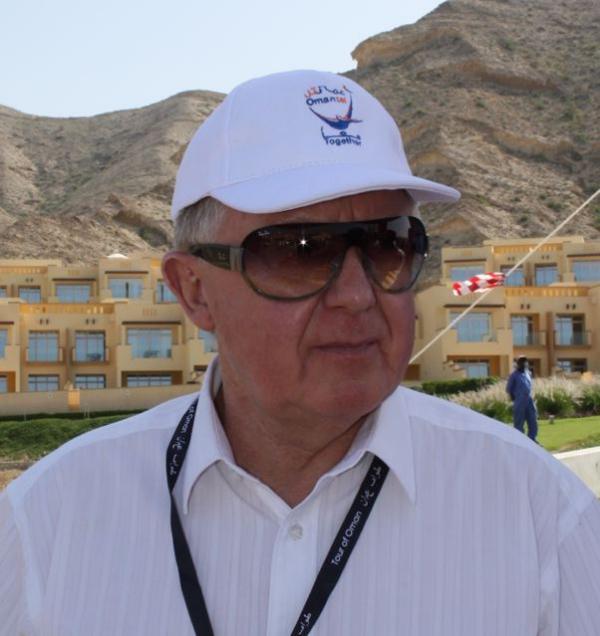
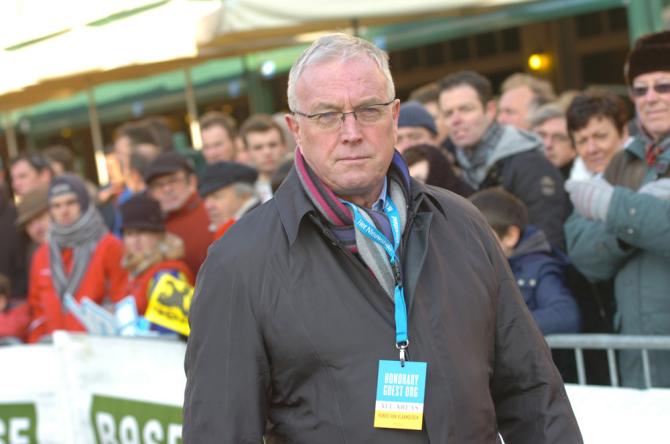
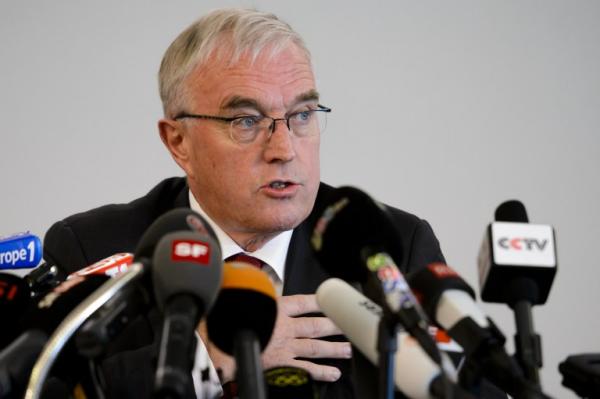
Pat McQuaid has admitted that he made mistakes during his leadership of the UCI but strongly denied that he acted in a corrupt or complicit manner in areas of anti-doping.
The coments come after the Cycling Independent Reform Commission released their report into the governance and behaviour of the UCI in the fight against doping.
The CIRC report is littered with instances of McQuaid and his predecessor Hein Verbruggen governing the sport in inappropriate ways. They include protecting Lance Armstrong, accepting sizable donations from the banned rider, showing favourable treatment to Alberto Contador and intervening in anti-doping matters at several points during their reigns at the UCI.
The 228-page report stops short of calling either individual corrupt, however, adding that allegations of covering up a positive test from Lance Armstrong at the 2001 Tour de Suisse proved to be unfounded.
McQuaid took over as head of the UCI in 2006 and remained president until 2013, at which point he was ousted by Brian Cookson.
“When I took over as president of the UCI, one of my main aims was to fight against doping. Everybody knows that, and everybody knows the work that I have done in the fight against doping, and UCI is now one of the leading international federations in the fight against doping, and the legacy I have left behind there, I am quite proud of,” McQuaid told RTE.
However McQuaid added that he had indeed made, what he called, mistakes during his presidency. The Irishman, when pressed, could not name a single mistake, however, saying: "I can't tell you what they were because I haven't sat down and thought about what they were. We’d need a lot more time.
“Of course I made mistakes. Doesn’t anybody make mistakes?”
Get The Leadout Newsletter
The latest race content, interviews, features, reviews and expert buying guides, direct to your inbox!
Within the report, McQuaid is criticised for his relationship with Armstrong. In 2008, on the eve of Armstrong’s comeback, McQuaid intervened in UCI’s policy and broke the rules in order to let the rider compete at the Tour Down Under. It was a decision made against the advice of staff at the UCI and came just at the same time as Armstrong agreed to ride the Tour of Ireland – a race McQuaid’s brother, Darach, helped to organise.
In the interview with RTE, McQuaid said: “We allowed him [Armstrong] after a meeting that took place internally, in the UCI, where we discussed the fact that he had been in the biological passport for over five months at that stage. The anti-doping people told me that his levels were the very same levels as anybody else that would be in the passport.
“The UCI had already decided to change that rule. My legal people told me that it would be a choice, it’s a bit ridiculous if he doesn’t ride it, because he’s the same as everybody else.
“And that was the reason that we allowed him to ride, and that was the only reason we allowed him to ride. There was absolutely no connection with the Tour of Ireland, and the commission [CIRC] states that in their report, that there’s no link between Lance riding the Tour Down Under and Tour of Ireland.
“The fact is, my brother Darach was dealing with Lance Armstrong in a separate way, for a lot longer than that, working with him and bringing a big cancer seminar into Ireland, which he did, where he brought something like 500 people into Ireland for three days in the RDS for a cancer seminar. That was all done by my brother Darach, completely independent of me.”
The CIRC report does add that important steps forward were made in the fight against doping under McQuaid, with the introduction of the Biological Passport a key turning point in the war on drugs. The UCI also tightened up its testing procedures, greater funds were allocated to anti-doping, and the appointment of Anne Gripper within the UCI helped in the implementation of a number of policies.
CIRC had access to all of McQuaid’s emails and text message during his time at the UCI and McQuaid used that element to reinforce the fact that allegations of corruption and complicity were not proved.
“For me, the important thing for this report, and it is ... a landmark report, is that it was set up to look into allegations of corruption, and wrongdoing, and complicity in hiding doping cases within the UCI over that period,” McQuaid said.
“The report completely clears me of any corruption, any wrongdoing, or any complicity in doping, and for me that’s very, very important. I never gave any riders any particular favours. They were all tested, they’re all tested by the anti-doping people. They were all in the biological passport when I introduced the passport.”